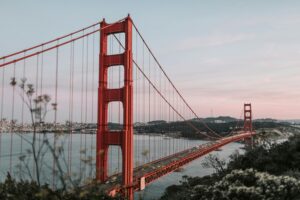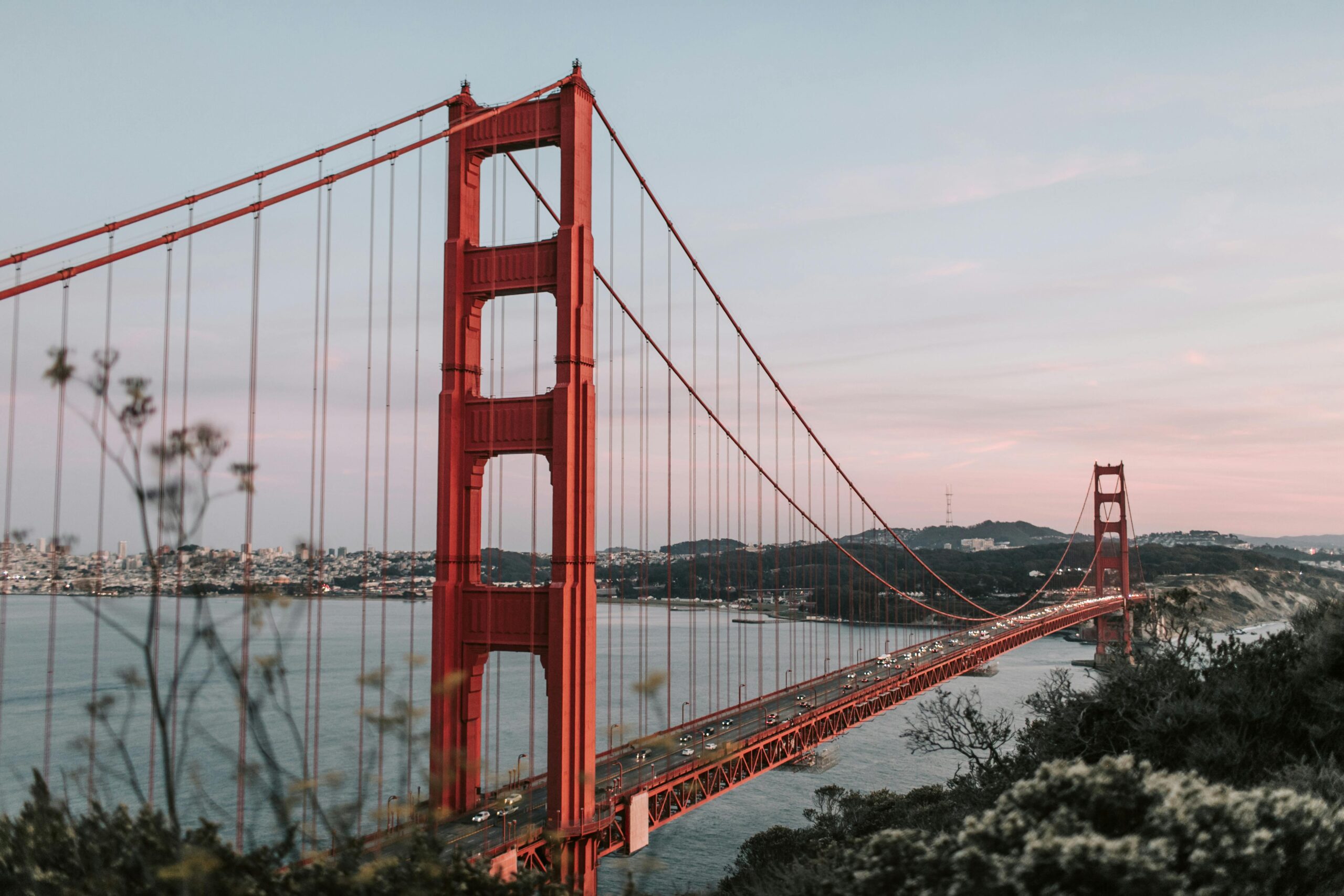
Chinese President Xi Jinping’s visit to San Francisco was a major subject of discussion for Asian Americans as protests broke out throughout the city on issues ranging from China’s human rights record, labor issues and Tibetan independence. This visit brought up concerns regarding the rise of anti-Asian hate, which surged in the U.S. during and after the pandemic, largely due to inaccurate and baseless rhetoric that placed undue blame on the Chinese for the effects of COVID-19. The clean-up of San Francisco and Gov. Gavin Newsom’s ill-advised comments on said clean-up also brought up San Francisco’s struggles in reviving the city in what might be called a post-pandemic time period. While the four-hour conversation between the American President and Xi bore little fruit besides vague ideas and no commitment, it certainly managed to cause unrest in California.
Strained relations between America and China, as well as anti-China rhetoric coming from American politicians and public figures, have certainly contributed to an increase in hate crimes targeting Asians since 2020. This visit by Xi was met with a mixed bag of reactions from Asian Americans. While many believe that improved trade and social relations with China will yield more positive attitudes toward Asian Americans, there is no clear road toward understanding.
Despite this highly anticipated meeting between world leaders, relations will remain strained, especially as President Biden made extremely inflammatory remarks shortly after the summit, calling Xi a “dictator.” While criticism of the Chinese government and other forms of speech should not be stifled or censored, too many statements by prominent U.S. officials and politicians are rooted in xenophobia and political convenience. The U.S. government maintains its desire to be a dominant economic power, and China remains a threat to American hegemony. As long as China wields economic power, political figures will continue to stress the threat of China and the Chinese people.
As the U.S. enters an election year, China is gearing up as a huge topic for the general election. Congressional hearings about the China-based social media platform TikTok are a flashpoint of anti-Asian attitudes. Earlier this year, TikTok’s CEO Shou Zi Chew was questioned extensively by the House Energy and Commerce Committee regarding accusations that the app’s parent company was sharing data with the Chinese government. Committee Chair Cathy McMorris Rodgers of Washington stated, “To the American people watching today, hear this: TikTok is a weapon by the Chinese Communist Party to spy on you and manipulate what you see and exploit for future generations.” To be clear, currently, there is no evidence that the Chinese government has been able to gain access to the data of American users. While it is a possibility, it is a fact that the U.S. government has violated the privacy of American citizens via the FBI, the NSA and other government agencies. Anyone concerned about their online privacy should be more worried about the U.S. government than the Chinese.
Data from 2022 indicates that Chinese Americans make up the largest share of the San Francisco population compared to other major cities in the U.S. This is a city that has a huge investment in the worsening or improved attitudes towards Asians. This visit and the discouraging behavior of elected officials in recent years don’t inspire confidence. In the end, this meeting means little to nothing in terms of real or satisfactory change for the general population. During this same visit, Xi also met with American business leaders, making a clear statement of China’s goals. U.S. businesses are clearly building a relationship with the Chinese President as his arrival and speech at the gala were met with several standing ovations. This visit was very transparently about business interests and the economy rather than the various human rights issues being protested against in the streets of San Francisco. While the international community can expect the two countries to move forward for the sake of their economies, expecting either country to commit to humanitarian change is a moonshot into the abyss.
For Chinese Americans who are apprehensive toward or outright appalled at the Chinese President’s visit, this visit increases concerns about worsening environmental standards, abuses of labor rights and government violations of free speech. This is a real possibility, as both China and the U.S. need to address their numerous shortcomings on these issues, but this visit was not really about those concerns.
For Californians, this visit showed just how superficial government can be. As the city of San Francisco was cleaned up for the short visit, there are questions as to why the same amount of effort isn’t being put into actually helping the city recover from the disastrous effects of COVID-19. It’s also interesting how increased prosecution for drug-related crimes and kicking homeless people off the street is considered a “clean-up.” This isn’t a clean-up; it’s a cover-up.
This visit was a disappointment all around as the world approaches the point of no return in terms of carbon emissions and continued failing human rights standards. No progress has been made, and it does not appear to be on the horizon with American and Chinese political interests on the table.








